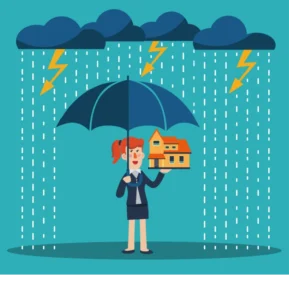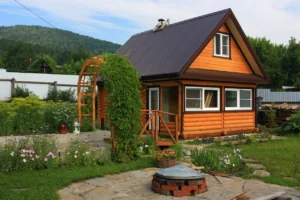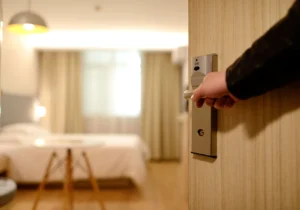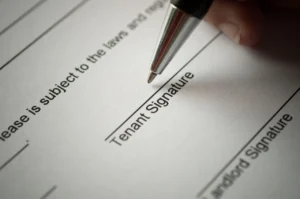Security Deposit Tips For Rental Properties
 Requiring a security deposit is one of the standard components of renting out your investment property. Holding a deposit benefits the owner as it protects you from paying out of pocket for repairs that exceed the standards of normal wear and tear. But do you know what you should be doing as a property owner with that security deposit?
Requiring a security deposit is one of the standard components of renting out your investment property. Holding a deposit benefits the owner as it protects you from paying out of pocket for repairs that exceed the standards of normal wear and tear. But do you know what you should be doing as a property owner with that security deposit?
The security deposit is a predetermined amount that is provided by the tenants upon their approval to lease a property, and it is meant to cover any unusual or extreme damages that occur during their occupancy. When the lease expires and the tenants vacate, the security deposit is returned to them, minus any costs you may have to deduct to cover excessive damages.
It sounds simple, right?
Unfortunately there can be a lot of confusion regarding the collection of a security deposit, where it must be held, and disbursing it at lease end. This may not only cause friction between the tenants and owners, but in some cases can lead to legal action being taken by tenants.
If you own rental properties, there are a few tips you should keep in mind regarding managing security deposis:
- Set clear expectations in writing. Be sure that your tenants understand before they even put the deposit down what they are responsible for and what costs you will be forced to deduct at the end of their lease if applicable. Put it in writing! Don’t allow for any negotiable items at the end of a lease term.
- Know the law. As a property owner, the security deposit is meant to protect you, but there are certain items and repairs for which you cannot legally deduct money or charge a tenant.
- Keep the security deposit in a trust account. According to North Carolina law, tenants’ security deposits must be kept in trust accounts for the duration of tenancy. Keeping the security deposit in the appropriate bank account is vitally important to long-term property ownership. Not only will this help end-of-year reconciliations, but it will assure that the security deposit is properly earmarked and ready to be disbursed back to the tenants when they vacate. You should never comingle accounts (this is illegal) and you should talk to an accountant about establishing a trust or escrow account.
- Charge the appropriate amount. Be sure to get the number right. You need to make sure the amount charged for a security deposit is enough to cover any repairs you may need to make; however, keep in mind that a security deposit in North Carolina can never exceed an amount equal to two months’ rent.
- Know your community association’s rules and be sure those are part of the tenants’ expectations. If your rental property is in a community governed by association rules, be sure that tenants understand that they must comply with those rules. If your tenants are in violation of community covenants, you will need funds at your disposal to get your property into compliance, pay any fines or both. These types of situations can be avoided if you are sure all expectations are clearly set in writing with your tenants and that they’ve been provided a copy of the community rules.
- Document the property. Before new tenants occupy your rental home, be sure to do a walk through and make a video of the entire property, inside and out. This will make any damage claims at the end of the lease easier to prove as the video provides you visual proof of the property’s condition at the beginning of the lease.
The importance of collecting a security deposit and setting clear expectations at the outset of a tenant’s occupancy cannot be emphasized enough. As a property owner, it is vital that you seize the opportunity to set expectations and collect funds to protect your property from potential damages. It is in an owner’s best interest to document property condition, be knowledgeable of community rules, set clear expectations, request the correct amount in deposit funds, and comply with all state laws.
Source: wilmingtonbiz.com













 Accessibility
Accessibility